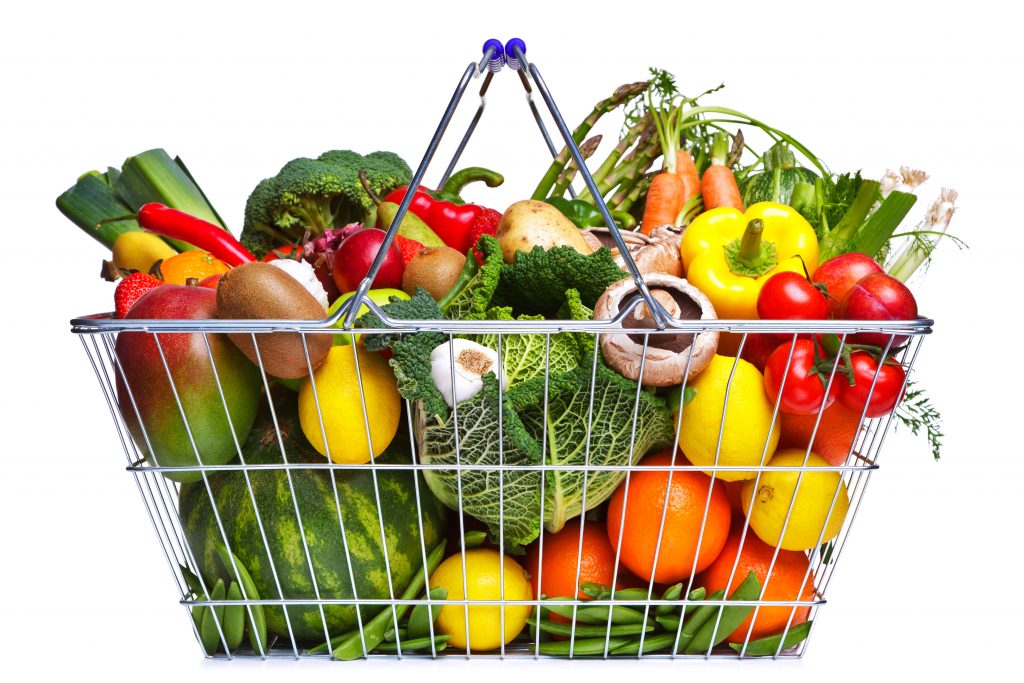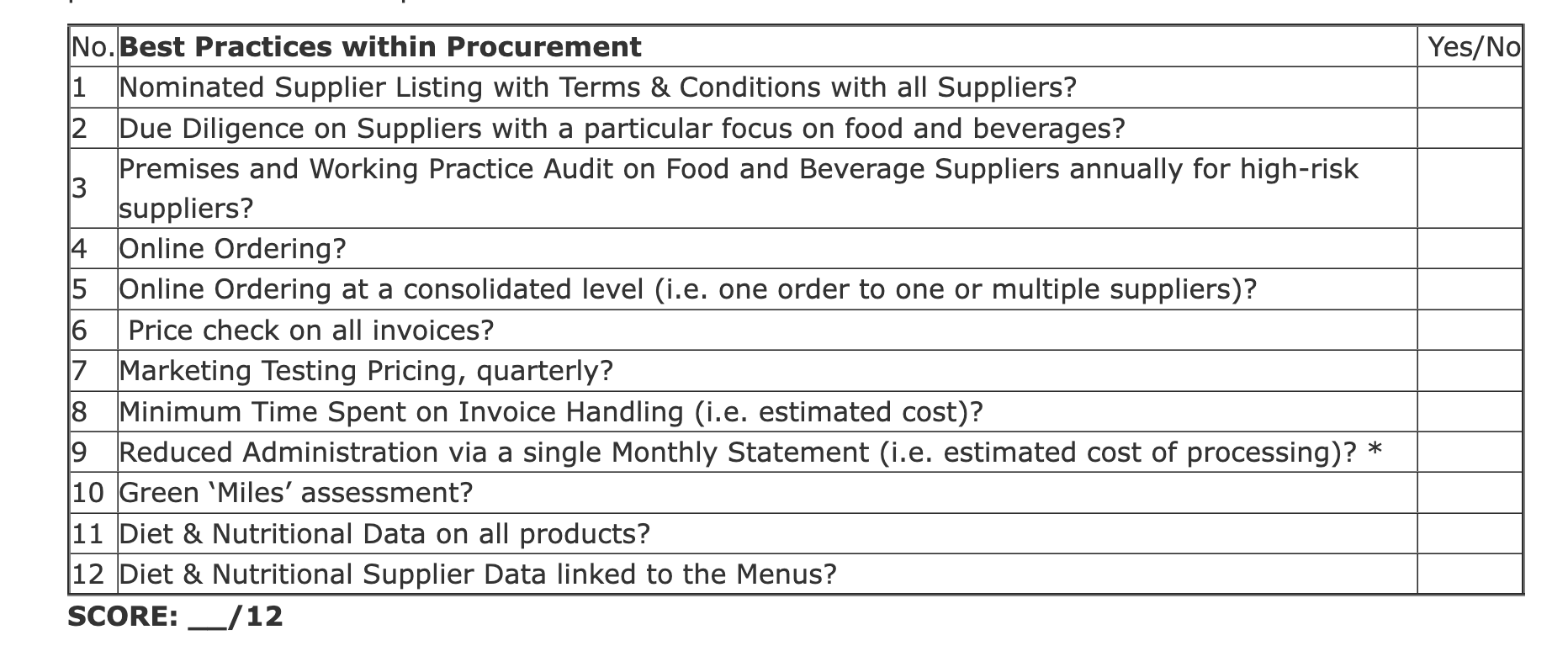
CAP Programme for Catering Provides Privileged Insight into the Impact of Best Practice Procurement
August 20, 2019
During our stringent assessments of private hospitals, clinics, care homes and public (private) schools, we are afforded a rare insight into all sorts of practices, both good and bad. Let’s overlook bad practices on this occasion, suffice to say that we identify these quickly and provide our clients with advice and roadmaps to overcome or banish these.
It’s in the context of good practices that we often identify potential for improvements that can be applied to almost all our clients’ business models. This insight can prove especially valuable where clients choose to use selected third-party services. Our CAP assessments of strategy, performance and achievement within an organisation measures the effect – and we like to share that knowledge.
Within the CAP Awards programme, we assess our clients’ establishments for Housekeeping and Catering operations. What becomes abundantly clear to the uninitiated is the number of plates both Housekeeping and Catering managers need to spin. Managing quality, service, staff, stock, regulatory adherence, Health & Safety, training, finance and procurement to mention just a few would appear to demand a circus performer’s agility! However, such performers are hard to come by, but carefully defining procedures, processes and lines of communication can more than make up for that. As can knowing how to prioritise your time as a manager.
This is where the CAP Awards come in. Helping managers to identify time- and resource-intensive activities and advising on ways to mitigate this burden is often core to a CAP Awards roadmap for improvement. In our considerable experience, one key area is to analyse the resource commitment required for effective procurement and look at alternatives that may free up management time – which can be put to better use.
Outsourcing the procurement task is an increasingly popular option. Procurement is part of the remit for managers in both housekeeping and catering environments, but it’s the latter where the process is most intense and inefficiencies most burdensome. Third party procurement services can deliver many benefits beyond simply shouldering the burden of the time it takes to select and order food and catering produce. Procurement is typically a repetitive process, and therefore one that can be partly automated.
At CAP, we aim to assess an organisation’s procurement procedures to achieve best practice. It can start with something as simple as a check list to detail and document the key considerations for a procurement process.
* an industry average cost to pay one invoice is £14.25.
The simple measure, in this case scored out of a dozen key operational procurement considerations, quickly highlights areas of potential procurement inefficiency.
Where a key consideration does not receive an affirmative mark, it should prompt thoughts about how to address that. In each of the above 12 example considerations, options exist for specialist support that will help with procurement. Businesses like Pelican Procurement (www.pelicanprocurement.co.uk) deliver service levels that would tick all the boxes above. Often, catering managers worry that they may lose purchasing control over which suppliers they can use, should they choose to adopt this outsourced model. However, this is not the case with companies like Pelican, who typically work with both national and local suppliers to best meet each customer’s needs.
Some procurement support companies wield strong purchasing power through an ‘aggregated’ approach, often providing savings on catering ingredients and produce. Pelican’s business model is different. It is a bespoke tendering service that aims to deliver the most competitive price in the marketplace for all the products that customers purchase. Supported by a management service, Pelican ensures that the customer benefits from the agreed prices, quality and service levels promised by the supplier, for the duration of the contract.
With almost any outsourced model, procurement communications take place through one convenient point of contact with a consolidated single weekly or monthly invoice for all purchases. That’s an administrative advantage. In addition, along with the responsibility for sourcing the optimum produce in a timely and cost-effective manner to suit a school or hospital’s frequently-changing menu comes accountability for supplying the health, nutritional and allergen data – plus all other aspects of due diligence. Here, therefore, are values that are not related to direct costs but that should contribute to the judgment.
What’s happening, to use my original circus performer’s analogy, is that organisations can choose to have someone else spin most or all of the plates. In turn, that allows busy management teams to offload much of the time burden and focus of deploying that valuable time where it counts the most – anywhere that impacts the end user. Interestingly, this can happen at zero cost to the school, care home or private hospital.
How did your organisation’s procurement procedure score on the check list above? Do let us know. We are happy to share our expertise and experience of external bodies that can provide help and support.

Back to news